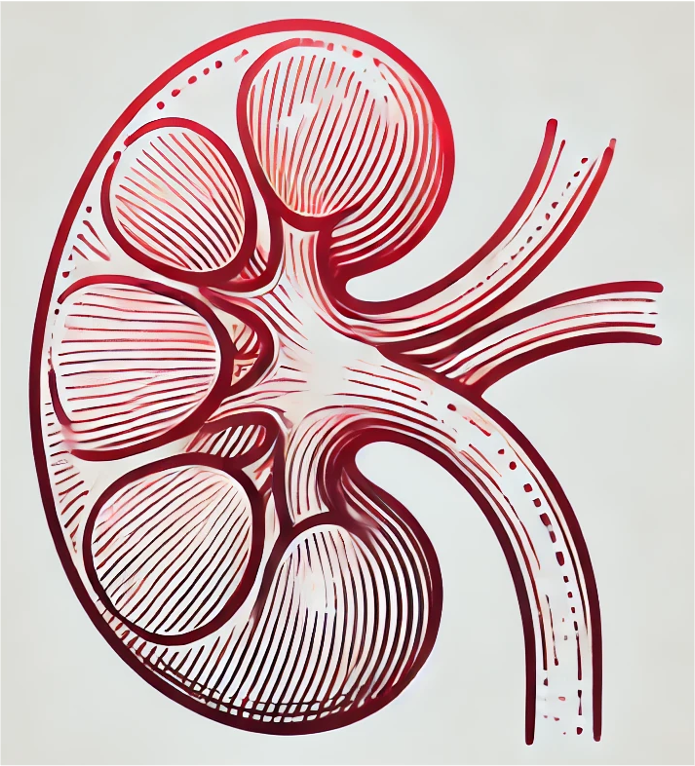Description
Purpose: Transcriptiome profiling of chronic kidney disease; ; Methods: Transcriptome profiling was performed in human renal biopsy tissue and correlated with parameters of kidney function, including estimated glomerular filtration rate (eGFR), degree of renal tubulointerstitial fibrosis (%TIF), as well as CKD progression over a median follow-up period of 60 months.; ; Results: Transcriptome analysis performed in two independent cohorts of patients with CKD (n=24 and n=17, respectively) identified a cluster of genes (n=93) significantly correlated (FDR P<0.05) with eGFR and %TIF, and associated with CKD progression, with enrichment for pathways associated with inflammation and immune-cell mediated infiltration. Expression of FRMD3, a previously reported candidate gene from human genetics studies in CKD, was negatively correlated with indices of CKD severity and progression. Knockdown of FRMD3 in human kidney epithelial cells enhanced fibrotic responses to the cytokine transforming growth factor-beta (TGF-1). Analysis of FRMD3 binding partners indicated enrichment of proteins implicated in mitochondrial function and remodeling of epithelial adherens junctions. Lentivirus-mediated knockdown of FRMD3 in renal tubule epithelial cells yielded a significant reduction (>35%) in NAD(P)H-dependent oxidoreductase activity, and a corresponding increase in caspase activity (50%).; ; Conclusions: Using global transcriptome profiling we define a cluster of transcripts associated with severity of CKD and identify loss of FRMD3 expression as a potential molecular driver. Loss of FRMD3 expression may contribute to mitochondrial function and TIF.
Overall Design
We examined the transcriptional profile of human kidney biopsies, aiming to provide insight into the mechanisms of progressive CKD. This approach led to the identification of FERM domain protein 3, (FRMD3) as a molecular driver of disease.
Curator
hy_li
